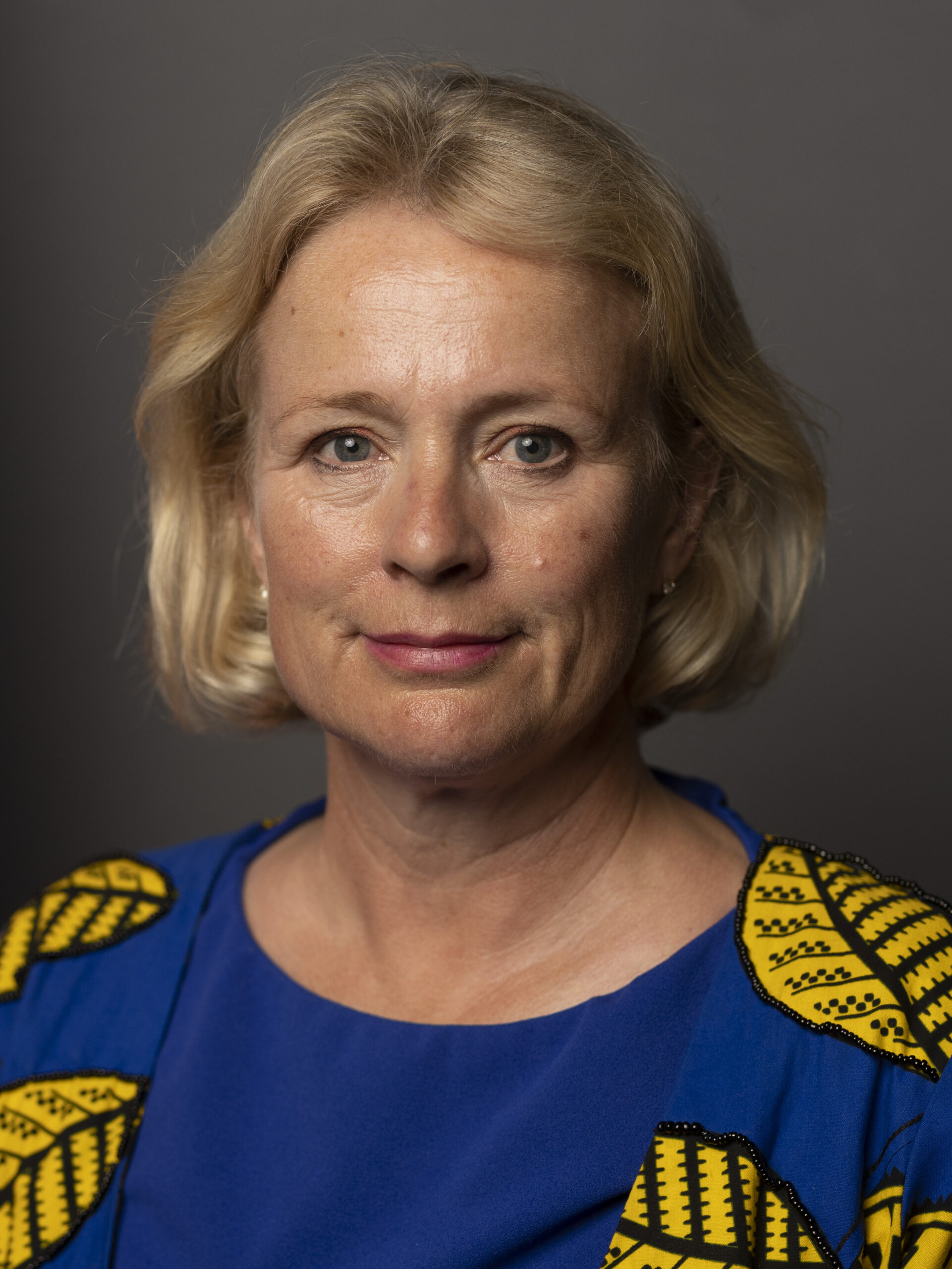As co-chair of the All-Party Group for Global Education, it was an honour to open a recent Westminster Hall debate to mark the International Day of Education. Across the House, colleagues are united about the importance of education and its vital contribution to development. This may be why the topic is debated so rarely in Westminster.
Conflict, climate change and the aftermath of the Covid pandemic has caused a crisis in education. Currently, an estimated 222 million children are in need of urgent educational support across regions affected by emergencies and protracted crises. Some 78 million children are not in school or receiving any form of education. The figure of 222 million is an increase from 75 million in 2016.
World Bank research from 2019 shows that, even prior to the exacerbating effects of the Covid pandemic, up to 90% of children in low-income countries could not reach a minimum level of proficiency in numeracy or literacy, the vital building blocks for a child’s education.
Girls are disproportionately affected. Nearly two thirds of the figure for global illiteracy is made up of women. Yet the benefits of education to girls is massive. Not only does educating girls boost incomes and economic growth, but the child of a mother who can read is also 50% more likely to live beyond the age of five, twice as likely to attend school themselves, and 50% more likely to be immunised. Girls who are educated are more able to choose if, and when, to have children, and how many children they have. if we want to change the world for the better, girls’ education is a great place to start.
We should be proud with the UK’s track record. Each year, we host the Education World Forum. We champion the campaign for 12 years of uninterrupted education for every girl. During the pandemic, the UK co-hosted the Global Partnership for Education summit, raising $4 billion for education in some of the world’s poorest countries; of which our pledge was £430 million. In 2001, under our leadership of the G7, the world’s richest countries committed to getting 20 million more girls reading by the age of 10 and 40 million more girls into school by 2026.
During my year as an FCDO Minister I visited fifteen African countries. Many girls told me at first-hand about the barriers that they face in trying to access education. The fear of violence on long walks to school, the lack of water and sanitation which can make it impossible for girls to attend school when they have their period and the constraints on family finances which so often mean that any money scraped together for school fees is reserved for sons. But, even in the poorest of countries, I met girls who dreamt of becoming doctors, teachers, engineers and pilots. I also saw the many practical projects that UK Aid has set in motion to tackle these barriers.
This year, on the International Day of Education, we particularly thought of the 3 million girls in Afghanistan who were previously in education but are now out of school, because the Taliban will not allow girls to attend secondary school or university. The recent ban on female aid workers will mean that even more Afghan girls are denied their right to education, as the Taliban insist that girls can be taught only by female teachers. That will mean that yet more Afghan girls face forced marriages and poverty.
The UK is also a co-founder of, and leading donor to, the United Nationals global, billion-dollar fund for education in emergencies and protracted crises, Education Cannot Wait. Established 2016, ECW is delivering quality education to over 7 million children across more than 30 crisis-affected countries. With many traditional donors facing significant strain on their overseas aid budgets, it is increasingly important that governments from across the world as well as the private sector, philanthropic foundations and individual donors work together to find resources for education so the 222 million children can unlock their future potential.


